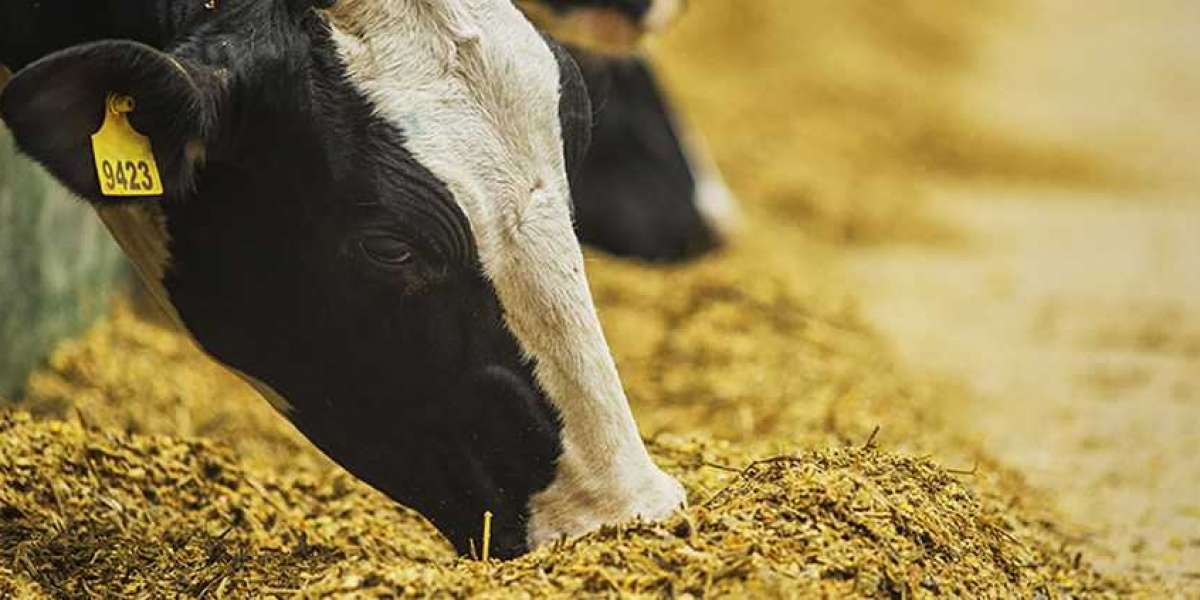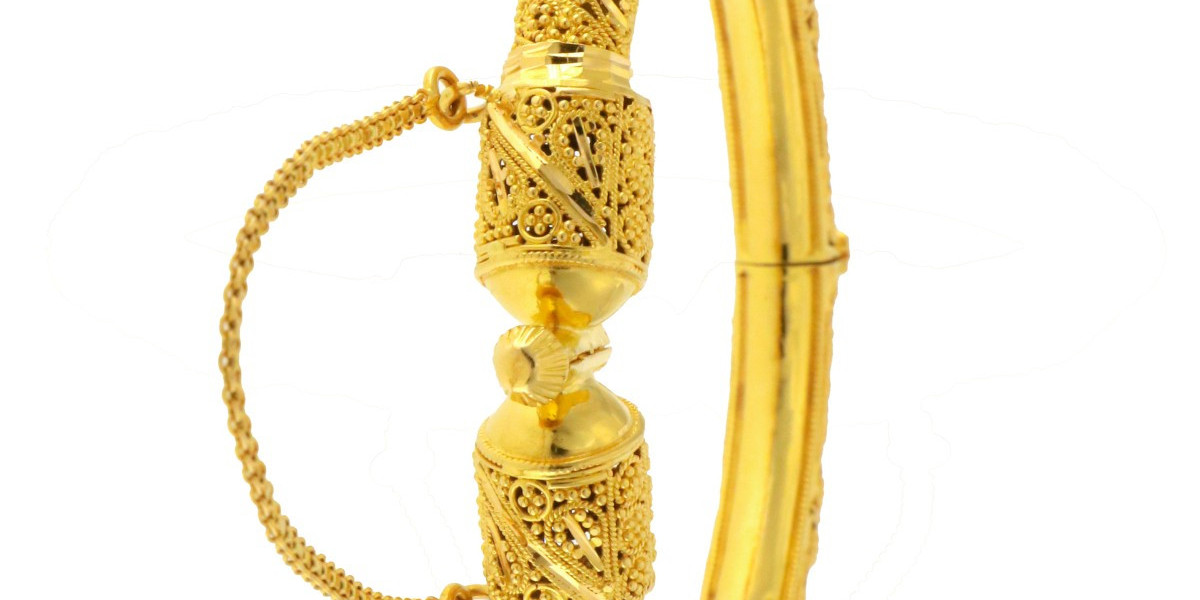Proper nutrition is essential to the health and well-being of animals, just as it is for humans. Good nutrition can help animals maintain a healthy weight, have strong bones and teeth, and keep their immune systems strong. In this blog post, we will explore the basics of animal nutrition, including what nutrients animals need, how to choose the right food for your pet, and the importance of a balanced diet.
What Nutrients Do Animals Need?
Animals require a balanced diet that contains six essential nutrients: protein, carbohydrates, fats, vitamins, minerals, and water. Each nutrient plays a different role in the animal's health, and a deficiency or excess of any one nutrient can have negative consequences.
Protein is essential for muscle growth and repair, as well as for the production of hormones and enzymes. Carbohydrates provide energy for the animal's body and brain. Fats are important for energy and for the absorption of certain vitamins. Vitamins are needed for various metabolic processes, while minerals are important for strong bones and teeth. Finally, water is essential for digestion, absorption, and transportation of nutrients throughout the body.
Choosing the Right Food
Choosing the right food for your pet is essential for their health and well-being. The food you choose should be appropriate for your animal's species, age, weight, and health needs. For example, puppies and kittens require different nutrients than adult dogs and cats, and overweight animals may require a diet with fewer calories.
When choosing a pet food, look for one that has been formulated to meet the nutritional needs of your animal. Avoid foods that contain excessive amounts of fillers or by-products, as these may not provide the nutrients your animal needs. In addition, look for foods that are made from high-quality ingredients, without added preservatives or artificial colors and flavors.
Balanced Diets
A balanced diet is essential for the health and well-being of animals. A balanced diet contains the appropriate amounts of protein, carbohydrates, fats, vitamins, minerals, and water that an animal needs to maintain their health. A balanced diet can help to prevent many health problems, including obesity, dental disease, and nutrient deficiencies.
To ensure that your animal is receiving a balanced diet, look for pet food that has been formulated to meet the nutritional needs of your animal. In addition, provide your pet with a variety of different foods, including fruits and vegetables, to ensure that they are receiving all of the necessary nutrients.
Special Needs
Some animals may have special dietary needs due to health issues, age, or breed. For example, some animals may require a diet that is low in fat due to health issues such as pancreatitis, while others may require a diet that is high in fiber to help with digestive problems. If your animal has special dietary needs, consult with your veterinarian to determine the best diet for your pet.
In conclusion, proper nutrition is essential to the health and well-being of animals. Providing your pet with a balanced diet that contains the appropriate amounts of protein, carbohydrates, fats, vitamins, minerals, and water can help to prevent many health problems and keep your pet healthy and happy. When choosing pet food, look for high-quality ingredients, avoid fillers and by-products, and choose a food that has been formulated to meet the nutritional needs of your animal. Finally, consult with your veterinarian if your pet has special dietary needs to ensure that you are providing the best possible diet for your furry friend.






